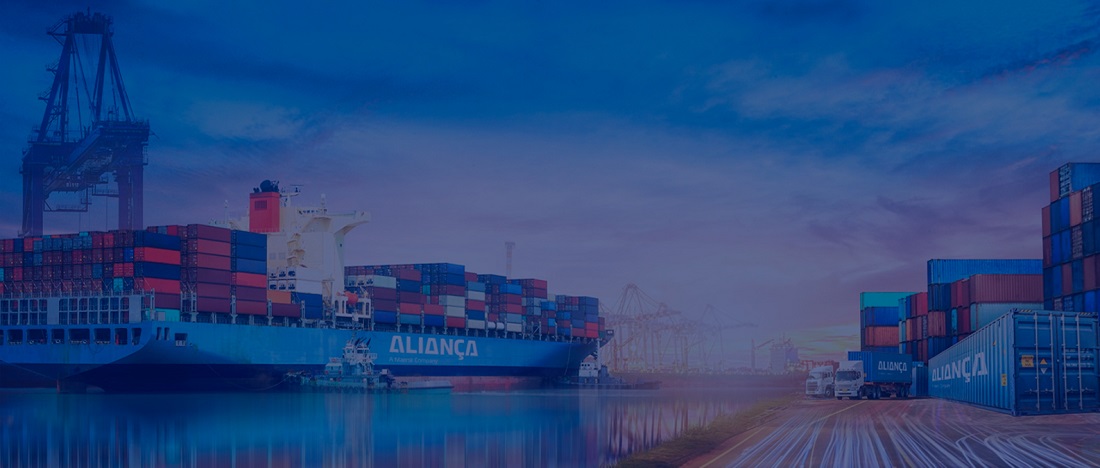
Gov’t study casts light over cabotage shipping in Brazil
Sep, 16, 2022 Posted by Gabriel MalheirosWeek 202237
Between 2010 and 2020, the amount of containerized cargo transported in cabotage navigation in Brazil tripled compared to other types of cargo (general loose items, liquid, and solid bulk), with liquid bulk leading the way with 77.1% of the market, followed by solid bulk (11.8%), containerized cargo (8.1%), and general cargo (3%).
Antaq, Brazil’s national waterway transportation agency, presented these and other data in a webinar held last Tuesday (13) that cast light on the current cargo scenario in Brazil, with particular emphasis on Brazilian cabotage and the participation of national vessels according to the products transported.
Figures
According to the study, the use of Brazilian-flagged vessels in transporting containers in cabotage routes amounted to 92.04% in 2021. This share has been increasing since 2014. Liberian-flagged ships ( 2.49%) ranked second, while Singapore-flagged vessels made it to the podium in third with a 0.93% share.
The survey shows that the movement of liquid bulk on Brazilian-flagged vessels in cabotage lanes has decreased from 17.5% in 2014 to 4.1% last year. With a market share of 29.09% in 2021, vessels with the Bahamas flag are the leaders in this type of freight operation. Antaq’s figures also show that 96.26% of the goods transported are oil and derivatives.
Finally, the rate of Brazilian vessels in general cargo operations has been declining year after year, reaching 59.1% in 2021. Iron and steel (45%), wood (30.6%), and cellulose (19%) dominate the general cargo market.
Opinion
For Antaq’s navigation charter manager, Augusto Berton Vedan, it is important to monitor foreign-flagged vessels. “We are the operational arm of this public policy. Navigation is one of the most globalized industries in the world. It is common to order an engine in Germany, assemble it in China, pack it in Africa and bring it to Brazil. This helps us understand that foreign vessels are inevitably part of our domestic navigation.”
Source: A Tribuna
To read the full original article, please go to: https://www.atribuna.com.br/noticias/portomar/estudo-da-antaq-revela-novo-cenario-na-navegacao-de-cabotagem-nos-portos-brasileiros
-
Shipping
Jan, 28, 2020
0
Container prices reach their lowest in three years
-
Shipping
Jan, 19, 2024
0
Airstrikes on Yemen bring new level of chaos to shipping in southern Red Sea
-
Meat
Mar, 17, 2023
0
China’s pig farms battle new surge in African swine fever
-
Ports and Terminals
Jan, 09, 2023
0
Puerto Rosario: workers declare end of strike that left thousands of containers stranded in Argentina


